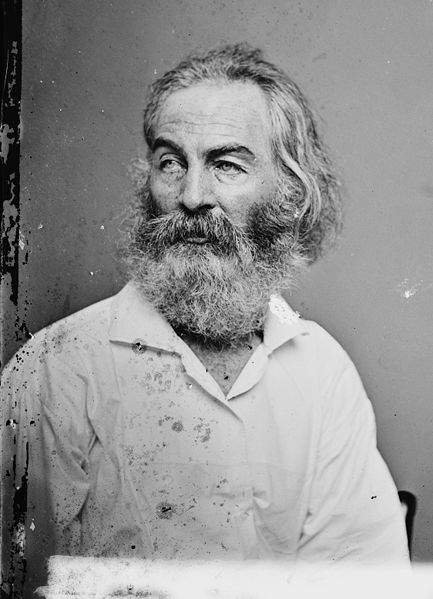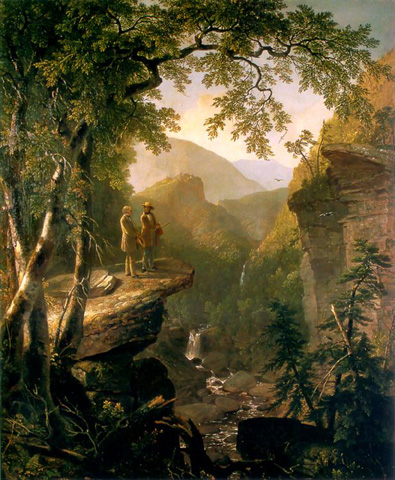In an August 4, 2010 Los Angeles Times editorial, Bill McKibben called for "bodies, spirit, passion" in addressing the climate crisis in our midst. As a long time Sierra Club member, I’m sympathetic to such a call. But one must ask whether such a call will be taken up beyond a significant minority contingent and can it be sustained over a longer period of time. Because environmental issues are essentially moral issues, there is a tendency for such calls to lapse into didacticism that not only fails to inspire beyond a significant contingent but conversely, lends itself to further demoralization.
For the reasons cited above, to be successful, I argue, the environmental movement should be part of a broader spiritual movement. What we’re up against is the limitations of education, science and reason to induce change. In Plato’s Republic, Socrates cites an “ancient argument”, or difference between poetry and philosophy (i.e., mythos and logos) that I submit continues to this day. By taking a poetic approach to human progress we can appeal to the totality of our human nature to induce change. At a time when top down incremental change may not be enough to address the challenges before us, a poetic approach provides the opportunity for bottom up culturally transformative change.
Moral cultures have been revitalized throughout human history to shape the individual’s relationship to the greater collective, to include the environment. By drawing on the mythos and framing it poetically yet truthfully, to tell the human story, an appeal can be made that goes deeper than the level of reason to induce the spirit, or inspiration. Through the promotion of a poetic approach and the use of symbol, metaphor, and narrative, we can frame it as spirit (the individual acting in harmony with others and nature) versus pride (the individual acting in discord with others and nature.
Use the “promised land” to symbolize a collective vision capable of overriding and incorporating one’s individual vision. Use the metaphor of moving from the land of the dead to the land of the living to illustrate our move towards sustainablity. Use the narrative of the prodigal son and interject the arts to cast light as to the individuals role in the outcome. Such an appeal can provide an invitation difficult to refuse, or difficult to disengage from.
Because we’re addressing issues rooted in deep historical and cultural circumstances (such as the agricultural and industrial revolutions, for example) and how we're socialized into the present in relation to how we evolved in the primal past, a poetic approach enables it more engaging. Furthermore, by staying in the metaphor can provide some alleviation to the bitter divisions and provide focus on the truth of our plight. Most important, by framing it as spirit versus pride, it can provide a glimpse of how this story ends: inidvidual freedom ultimately must be sustained by love for the collective, or collective spirit; and whether that’s Christlike love or the triumph of the human spirit is open for interpretation and can be both.
Tuesday, August 24, 2010
Subscribe to:
Post Comments (Atom)














I could not have stated it better myself. I often contemplate the reasoning and logic behind what we as a collective do, can do, should be doing more of, less of in order to preserve a solidified future culture for generations to come. We stand at the doorway peering out seeing only what we could be if just a little effort and forethought were to be placed in it's correct perspective. We are not separate from it, but rather intertwined within it all.
ReplyDelete